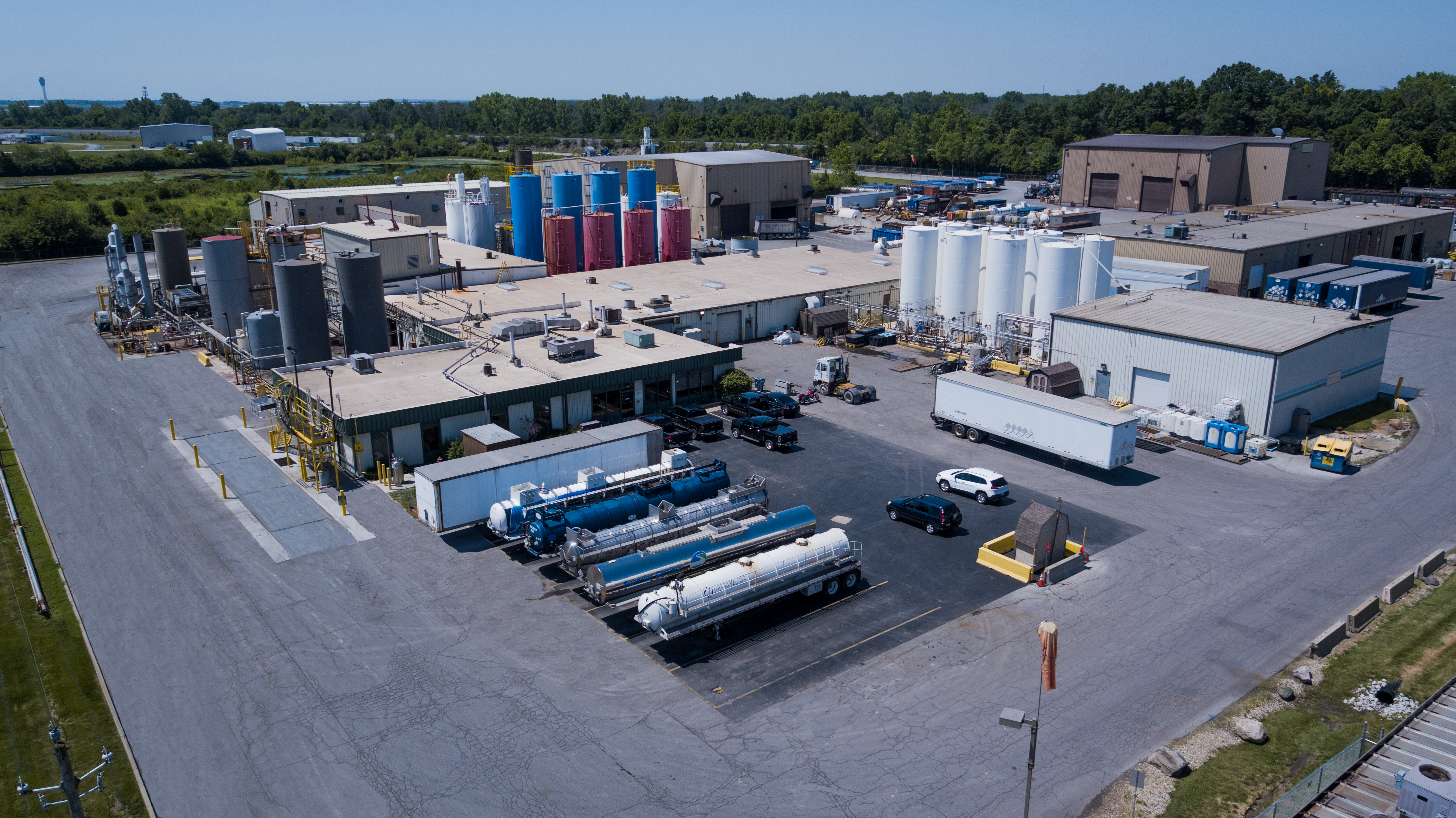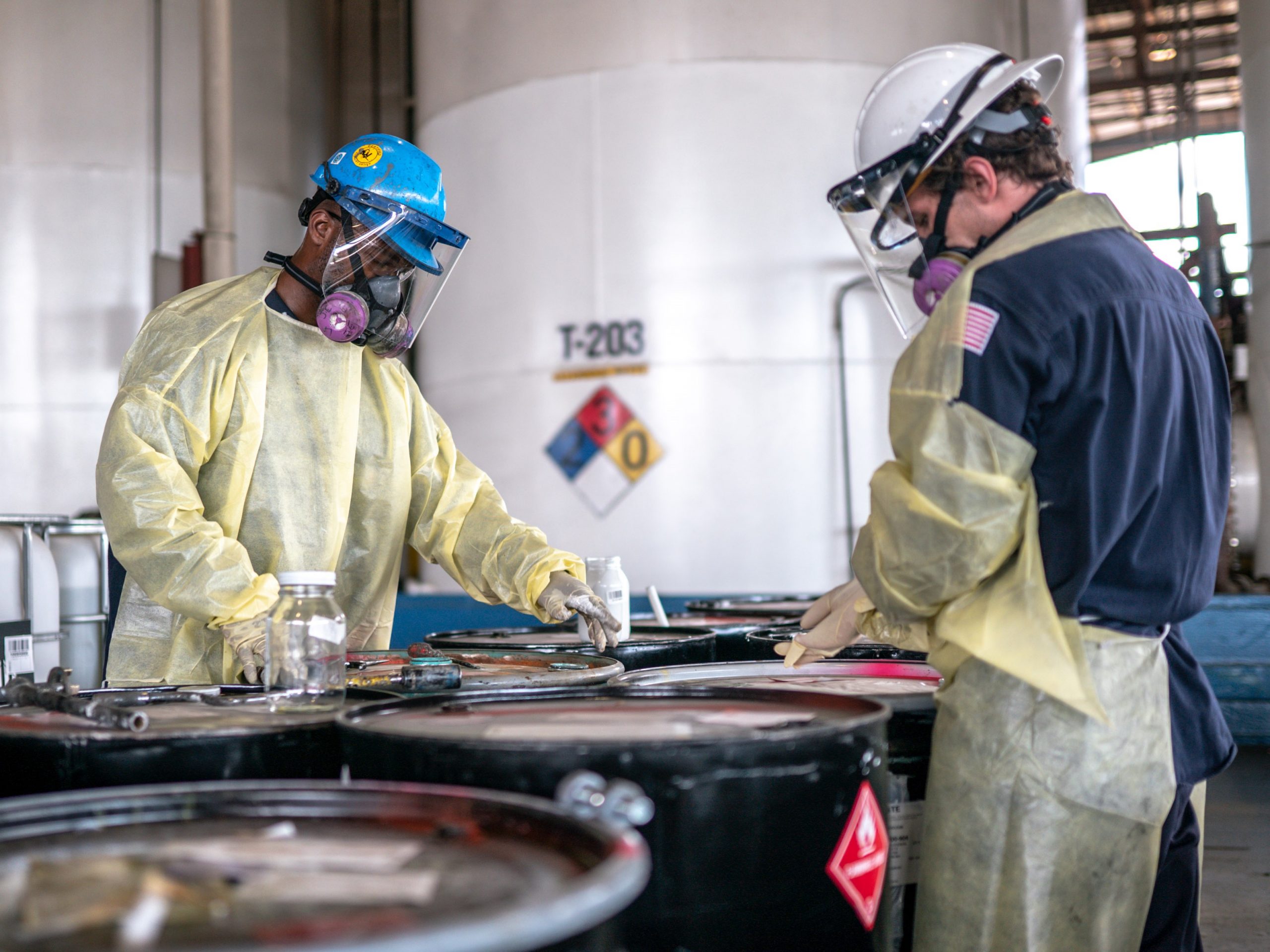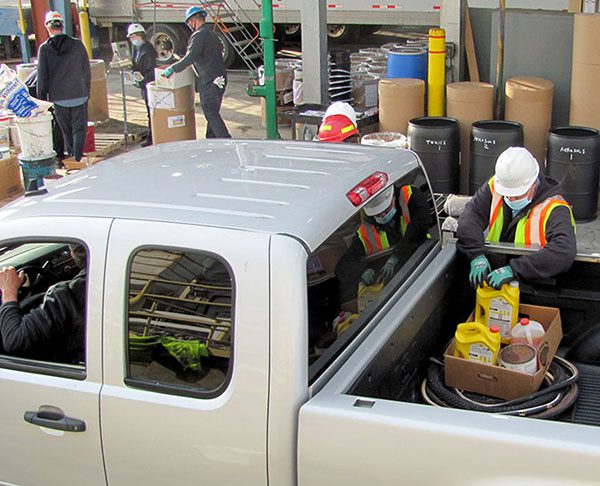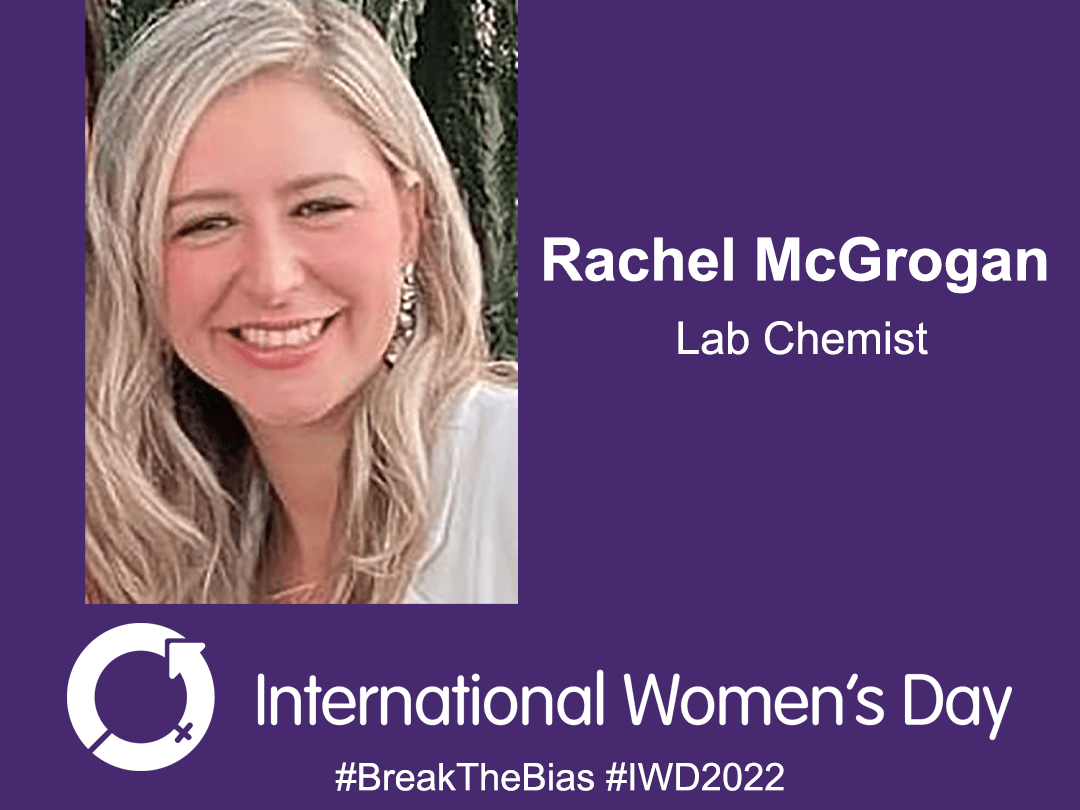The current used oil regulations were finalized in September of 1992. Prior to that, they went through a few different iterations. At the inception of RCRA §3014 required that the EPA make a decision on whether or not to list used oil as a regulated hazardous waste. Additionally, the EPA needed to establish standards for used oil recycling.
According to the EPA, “on November 29, 1985, EPA issued a proposed rule to list all used oil as hazardous waste, including petroleum-derived and synthetic oils. On the same day, management standards were proposed for recycled used oil and final regulations were issued prohibiting burning off-specification used oil in nonindustrial boilers and furnaces. By November 19, 1986, EPA decided not to list used oil, primarily because of the possibility that characterizing used oil as a hazardous waste might discourage or hinder recycling practices.”
In 1988, a court decision made the EPA reconsider the decision not to list used oil as a hazardous waste. The court ruled that a decision needed to be made based on, “the technical criteria for listing waste specified in the statute, rather than the effects listing might have on the competing goal of recycling.” This court ruling lead to a supplemental proposed rule being published in September of 1991. This rule proposed three different options for regulating used oil. These options included:
- Identifying all used oils as hazardous waste under RCRA,
- Designating only certain used oils (mainly nonindustrial) as hazardous, or
- Creating basic management standards for used oil and only categorizing it as hazardous waste when disposed of.
According to the EPA, “prior to making a final selection of one of the three approaches to recycled used oil regulation, the final rule of May 20, 1992, stated that used oil destined for disposal would not be listed as a hazardous waste.” The EPA justified that since most used oil has the “potential to be recycled, either through re-refining or burning for energy recovery,” and since waste destined for disposal is protected by the existing network of regulations, the listing decision could be deferred.
As we said above, the final rule was published in September of 1992. This ruling created both a final listing decision for recycled used oil and management standards for used oil. According to the EPA, “the Agency decided not to list recycled used oils because the management standards issued in this rulemaking would adequately protect human health and the environment.”
These standards affect generators, transporters, burners, marketers, processors, and re-refiners of used oil. The program is built upon the idea that most used oil will be recycled as opposed to being disposed of. Because the former program didn’t assume as much it had variable requirements for used oil management. The current system means that virtually all used oil will be subject to the same standards. Additionally, current regulations expanded the requirements that used oil handlers must fulfill.
So, does your company have used oil as a byproduct of your business? How do you manage and dispose of it properly?
Quoted and EPA cited information (unless otherwise noted) for this blog post was gathered from the EPA document, “RCRA, Superfund & EPCRA Call Center Training Module: Used Oil” As always, this blog post is not intended to be comprehensive and it is always best to check with the EPA and local government for full, up-to-date, rules and regulations.
More News From Heritage
-
Published Articles 8/2/22
How Safety, Maintenance, and Reliability Are Intertwined
VP of Health and Safety Jim Mangas discusses the importance of plant safety, maintenance, and reliability (featured in BIC Magazine July/Aug '22)
-
Blogs 7/28/22
Spotlighting Our Environmental Interns
Highlighting some of the wonderful interns we have at Heritage this year!
-
Blogs 7/11/22
Turning Hazardous Waste into an Alternative Fuel
In this blog we walk you through the process of fuel blending, where we can turn hazardous waste materials into a viable alternative fuel source.
-
Community News 6/15/22
2022 Habitat for Humanity Build
Our 12th annual Habitat for Humanity Build
-
Blogs 4/13/22
After Hurricane Ida, Our Port Fourchon Office Rebuilds
On August 28th, 2021, the Louisiana coast was battered by Hurricane Ida. This included our Port Fourchon Service Center, where the devastating hurrica
-
Community News 4/7/22
Heritage readies for Earth Day HHW collection in East Liverpool
Heritage Thermal Services is pleased to announce that its collection of household hazardous wastes for the East Liverpool area returns for 2022.
-
Published Articles 4/2/22
The Impact of Changing Conditions
VP of Health and Safety Jim Mangas discusses preparedness for unexpected conditions during a project. (featured in BIC Magazine March/April '22)
-
Blogs 3/11/22
International Women’s Week Spotlight – Rachel McGrogan
Rachel McGrogan speaks about her time as a Lab Chemist at Heritage.








